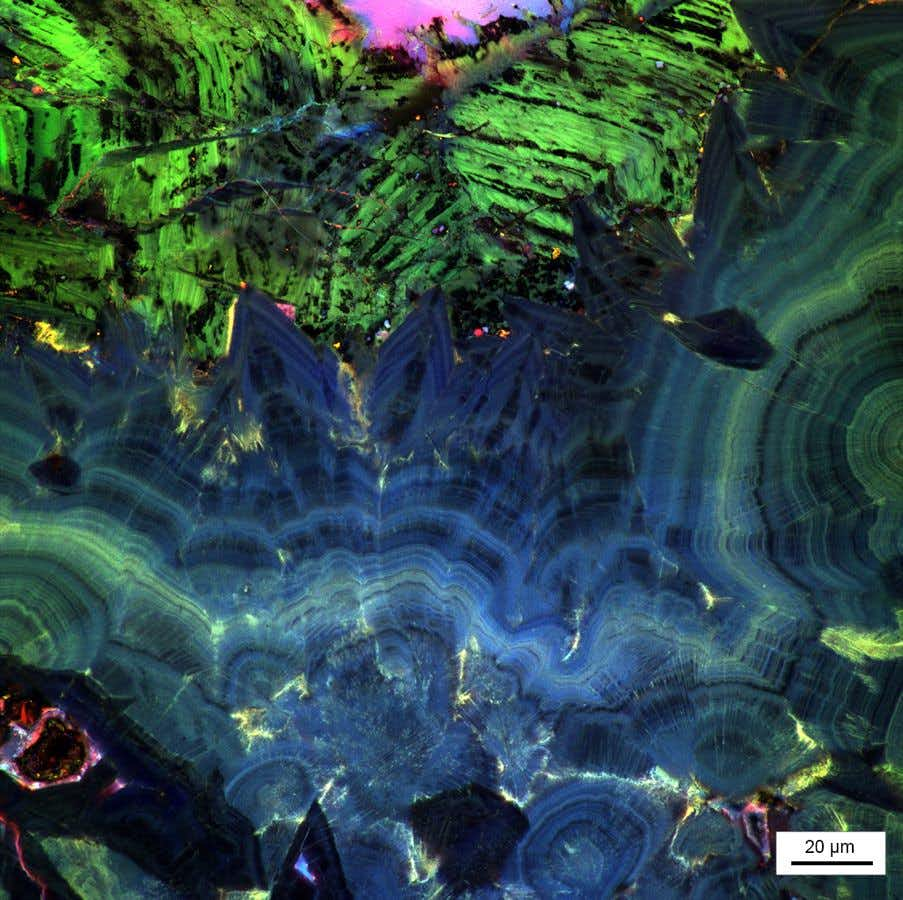
What Can You Do About Kidney Stones? (Archive)
Kidney stones afflict an estimated three million Americans each year, resulting in at least half a million trips to the emergency department. But what are they and what can you do about them? How do they form and how might you prevent them?
We hear from a listener who has first-hand experience of the pain of kidney stones. Then we get a primer in this condition from urologist Glenn Preminger of Duke University Medical Center. Find out what types of kidney stones there are, which kinds are most common, and how they are diagnosed. Dr. Preminger also describes treatments including lithotripsy, medical expulsive therapy with tamsulosin and percutaneous nephrolithotomy (a form of minimally invasive surgery).
What Are Kidney Stones?
These tiny rock-like deposits form in the kidneys by substances precipitating out of the urine. The trouble comes once they get into the ureters to be flushed out of the body. Especially where the tube is tiny, even small kidney stones can cause irritation and cramping pain called renal colic. Doctors often use CT scans to make the definitive diagnosis of kidney stones. When a patient passes a stone, he or she can ask the doctor to have it analyzed. That will reveal what type of stone it was and may offer clues for prevention.
Geology and Kidney Stones:
You may be wondering what geology has to do with kidney stones. After all, don’t these little things form inside a human body? They do indeed, but they are far more like real rocks than you might imagine. We talk with Dr. Bruce Fouke about the common biomineralization processes involved in creating rocks in Yellowstone National Park, coral skeletons in the ocean and kidney stones in the body. Dr. Fouke’s research has produced the stunning photograph of a kidney stone at the top of the page.
This Week’s Guests:
Sue Wasiolek works in Student Affairs at Duke University.
Glenn M. Preminger, MD, is the James F. Glenn Professor of Urology and Chief of the Division of Urologic Surgery at Duke University Medical Center. He is also Director of the Duke Comprehensive Kidney Stone Center.
Bruce Fouke, PhD, is a professor of Geology, Microbiology and Genomic Biology at the University of Illinois at Urbana-Champaign. He also serves as Director of the Illinois Roy J. Carver Biotechnology Center. The Center performs genomic, proteomic, metabolomic and bio-informatic analyses for laboratories around the world. Dr. Fouke conducts geobiology research on coral reefs, hot springs, energy exploration, Roman aqueducts and human kidney stones. He is co-author of The Art of Yellowstone Science: Mammoth Hot Springs as a Window on the Universe.
https://www.nytimes.com/2018/09/19/health/kidney-stones-geology.html
NASA: The Art of Yellowstone Science – Mammoth Hot Springs as a Window on the Universe
Listen to the Podcast:
The podcast of this program will be available the Monday after the broadcast date. The show can be streamed online from this site and podcasts can be downloaded for free. CDs may be purchased at any time after broadcast for $9.99.

